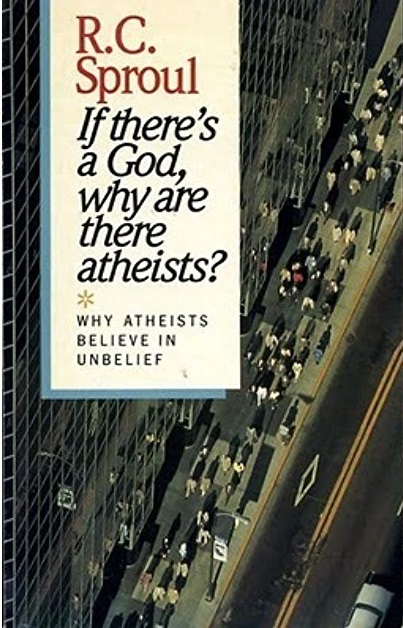Prologue: The next three posts are rather technical (technical rating = 6/10). For readers who may find the reading tough going, just enjoy the jokes on Calvinism vs Arminianism. Q1: How many Calvinists does it take to change a light bulb? A: None. God has predestined when the lights will be on. Stay seated and … Continue reading “Does Foreknowledge of God Negate Human Freedom? – Divine Sovereignty and Human Freedom. Part 5/7”

Prologue: The next three posts are rather technical (technical rating = 6/10). For readers who may find the reading tough going, just enjoy the jokes on Calvinism vs Arminianism.
Q1: How many Calvinists does it take to change a light bulb?
A: None. God has predestined when the lights will be on. Stay seated and trust him.
Q2: How many Arminians does it take to change a light bulb?
A1: Only one. But first the bulb must want to be changed.
A2: All. They need everyone to make sure it stays on. One can never really be sure.
Q3: How many charismatics does it take to change a light bulb?
A: Three, one to cast it out and two to catch it when it falls!
Q4: How many Open Theists does it take to change a light bulb?
A: No one knows the answer. Not even God!
Calvinists have their TULIP! Arminians prefer the daisy. Why? “He loves me, but he loves me not. He loves me, but he loves me not…
Now to the serious stuff:
God’s omnipotence and omniscience and are inseparable correlates of his sovereignty and providence over creation. As Creator, God knows everything. This includes their essential nature and how they interact with other things as “Nothing in all creation is hidden from God’s sight. Everything is uncovered and laid bare before the eyes of him to whom we must give account.” (Heb. 4:13) As the omnipotent Lord, God controls all happenings in the universe and directs them according to his eternal plan. “In him we have obtained an inheritance, having been predestined according to the purpose of him who works all things according to the counsel of his will.” (Eph. 1:11)
The scriptural teaching of God’s predestination contradicts the Arminian view that God’s foreknowledge is “simple”, that is, God knows the future, but not that he predetermines it. Furthermore, the Arminian maintains that God’s foreknowledge is contingent on our prior choices- that God’s knowing isn’t the source of our doing. Rather, our doing is the source of God’s knowing. However, Scripture teaches that God’s knowledge is active rather than passive since he foreordains and directs all things “according to the counsel of his will.” Continue reading “Does Foreknowledge of God Negate Human Freedom? – Divine Sovereignty and Human Freedom. Part 5/7”



